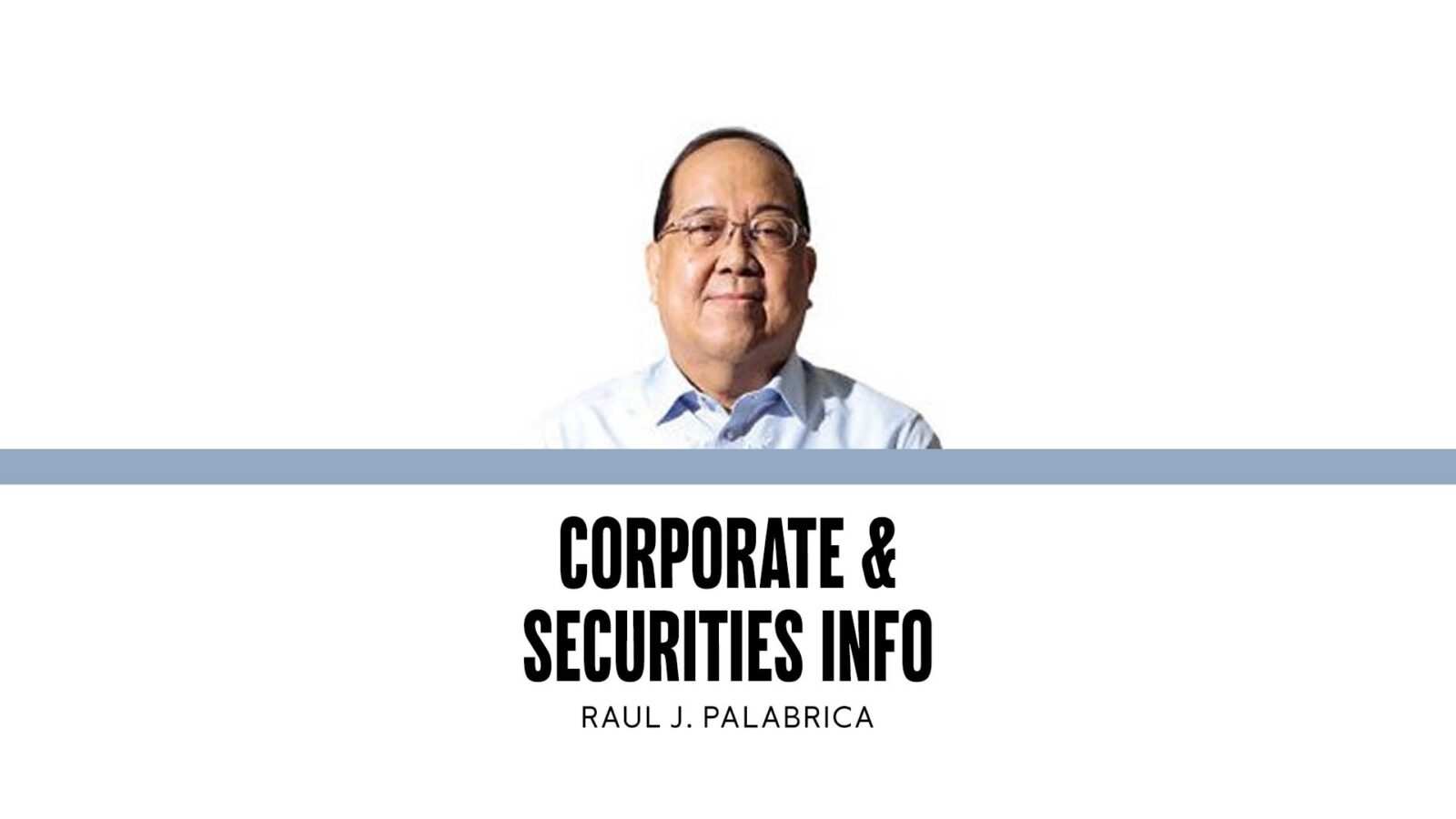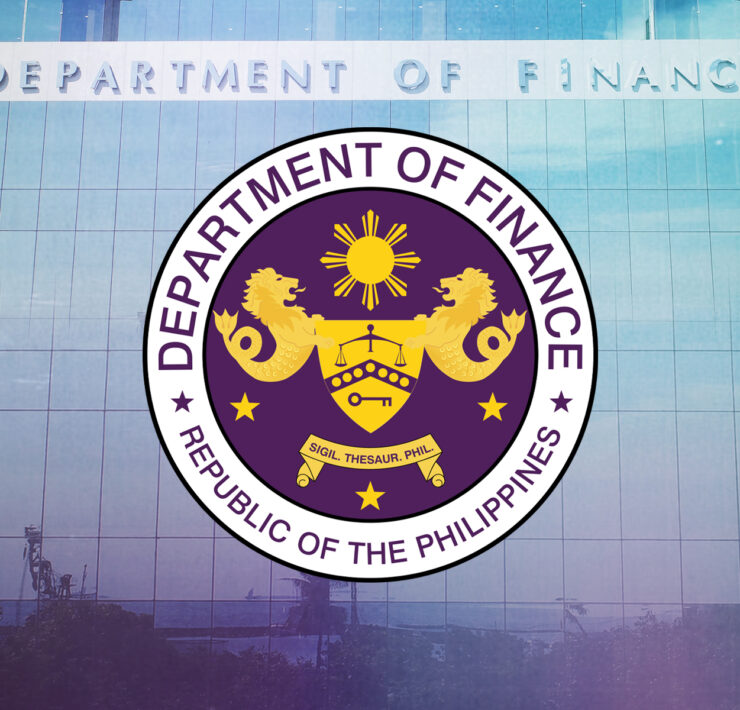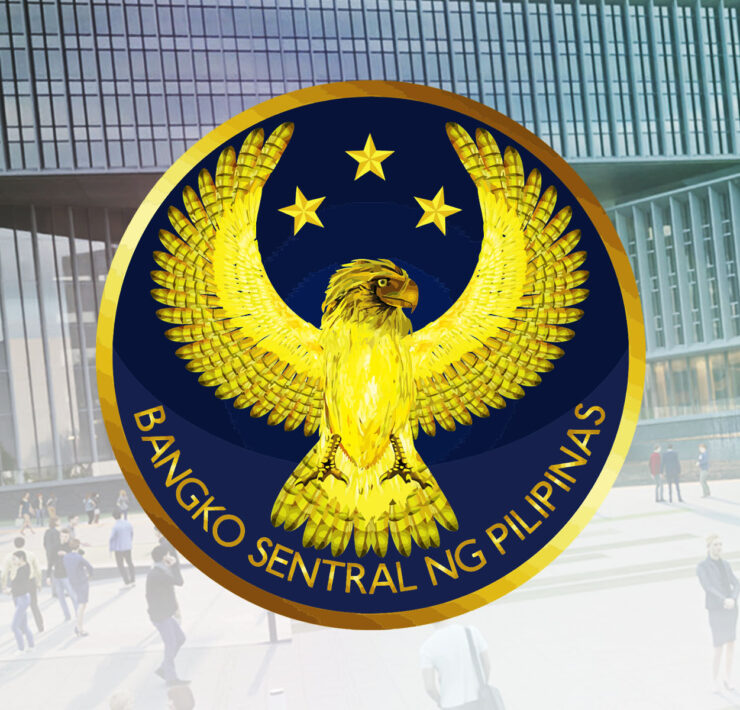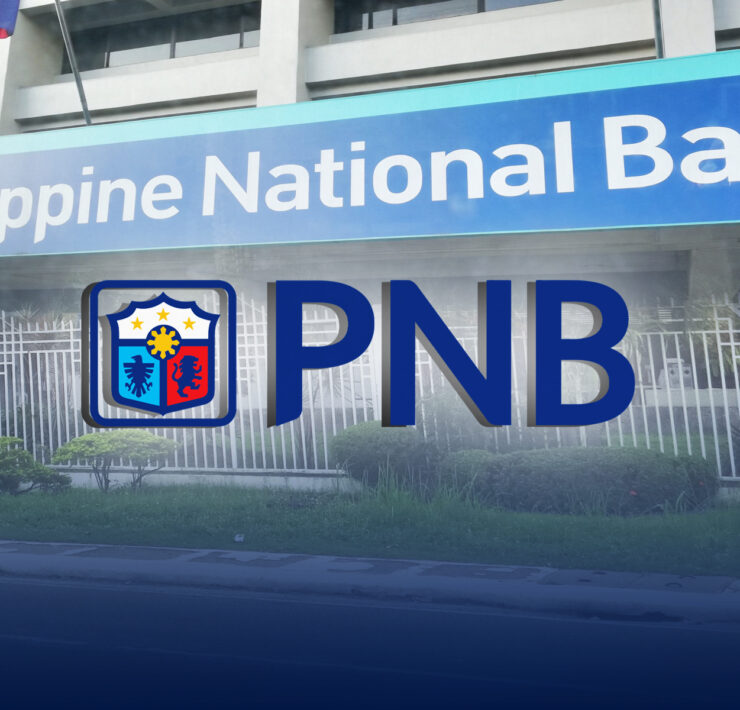Root cause of predatory lending

Alarmed by exorbitant interest rates and other fees imposed by lending platforms, Finance Secretary Ralph Recto had ordered the Securities and Exchange Commission to adopt stricter measures on abusive and exploitative lending practices.
He wants to put a cap on interest rates and other lending costs on unsecured loans, depending on their amount, which does not exceed P20,000, and are payable within six months or less.
Online lending has boomed because it provides a fast and easy means for financially challenged Filipinos to have access to funds to pay for unexpected or emergency obligations for, say, hospital bills, enrolment fees and home and car repairs.
This lending process fills a need that traditional lending or financial institutions are unable to meet due to requirements on, among others, full disclosure of the identity of the borrower and his or her capacity to pay, and compliance with antimoney laundering rules that can be a pain in the neck.
Except for being technology-driven, online lending is akin to the “5-6” credit arrangement that Indian nationals in the country are known to offer to Filipinos in economically depressed areas to meet the latter’s financial requirements.
No credit background check is needed for this purpose. The signature of the borrower across the item in the lender’s notebook, showing the amount lent or the home appliance paid for by the loan, is sufficient.
Repayment of the debt would be done through personal collection on the agreed dates.
By and large, online lending is similar. The posting of government-issued identification cards, Meralco or PLDT statement of account to confirm the borrower’s address and proof of employment is sufficient to secure immediate loan approval and the deposit of its amount to the borrower’s e-wallet or other digital bank account.
For monitoring and collection purposes, the borrower is required to disclose his or her cell phone number, email address or social media account and sometimes give information about the person who can act as his or her “guarantor.”
Note that the online lender has only the documents earlier mentioned as its basis to decide on whether or not to extend the loan. No collateral is required to secure it.
To compensate for the risk of the borrower reneging on the loan, the lender imposes interest rates and other fees that would make Shylock cringe with shame.
As a marketing technique, those items are couched in words that give the impression that they are affordable on, say, a weekly basis, but when computed in their totality would be exorbitant or usurious.
But because the need for the money is urgent or the borrower is “kapit sa patalim” (or in desperate need), the charges are often hardly studied and come to mind only when demands for repayment are made through his or her cellphone or social media accounts.
That some online lenders impose usurious rates and fees is not in question. They prey on the urgency of their borrowers’ need for money and their inability to tap other sources for that purpose.
The imposition of heavy penalties on predatory lenders may deter some of them from continuing with that practice, but that is no assurance that they would not engage in it clandestinely as long as access to other sources of emergency funds is restrictive or burdened with time-consuming requirements.
The effort to curtail predatory lending should not end with the issuance of a memorandum circular raising the penalties for its commission. It behooves the government to find ways and means to provide prompt relief to Filipinos who, on account of their dire economic situation, have no choice but to accept onerous loan charges when their need for financial assistance is acute.




















